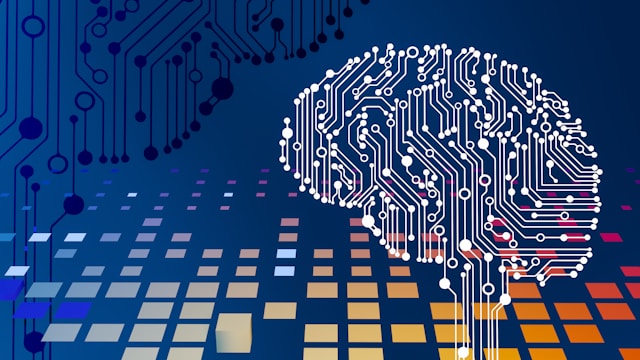
Introduction:
The landscape of healthcare is continually evolving, driven by technological advancements and innovations. Among these advancements, artificial intelligence (AI) stands out as a game-changer with the potential to revolutionize medical practice and beyond. In this blog, we delve into the transformative impact of AI on healthcare, exploring its applications, advantages, challenges, and future trends.
Understanding AI in Healthcare:
Artificial intelligence encompasses a range of technologies that enable machines to mimic human cognitive functions. In healthcare, AI is being utilized for tasks such as medical imaging analysis, predictive analytics, and natural language processing. These applications are reshaping patient care by providing faster and more accurate diagnoses, personalized treatment plans, and improved operational efficiency within healthcare systems.
Advantages of AI in Medical Practice:
The integration of AI into medical practice offers numerous advantages. AI algorithms can analyze vast amounts of patient data to identify patterns and trends, leading to enhanced diagnostic accuracy and early disease detection. Moreover, AI enables the development of personalized treatment plans tailored to individual patient needs, ushering in the era of precision medicine. By automating administrative tasks and streamlining workflows, AI also frees up healthcare professionals to focus more on patient care.
Ethical and Regulatory Considerations:
As AI becomes increasingly pervasive in healthcare, it raises important ethical and regulatory considerations. Privacy concerns surrounding patient data and the potential for algorithmic bias must be addressed to ensure the responsible use of AI in healthcare. Regulatory frameworks and guidelines are essential to govern the development, deployment, and evaluation of AI technologies, ensuring transparency and accountability.
Challenges and Limitations:
Despite its potential, the widespread adoption of AI in healthcare faces several challenges. Overcoming bias and ensuring equitable access to AI-driven healthcare are paramount concerns. Additionally, integrating AI into existing healthcare systems poses interoperability challenges, while concerns about job displacement raise questions about the future role of healthcare professionals in an AI-driven landscape.
Future Trends and Predictions:
Looking ahead, the future of healthcare promises even more transformative advancements driven by AI. Emerging technologies such as reinforcement learning and generative models hold the potential to revolutionize medical research, drug discovery, and clinical trials. Predictive analytics powered by AI will enable proactive and preventive healthcare, leading to improved patient outcomes and population health.
Case Studies and Success Stories:
Real-world examples illustrate the transformative power of AI in healthcare. From early cancer detection to personalized treatment recommendations, AI-driven solutions are already making a difference in patient care. Success stories highlight the collaborative efforts of healthcare professionals, researchers, and technologists in harnessing AI to address complex healthcare challenges.
Conclusion:
The evolution of healthcare in the AI era offers immense promise for improving patient outcomes and advancing medical practice. By embracing AI responsibly and ethically, we can unlock new possibilities for healthcare delivery and revolutionize the way we approach healthcare. As we navigate the future of healthcare, let us harness the power of AI to build a healthier, more equitable world for all.
Photo by National Cancer Institute on Unsplash

